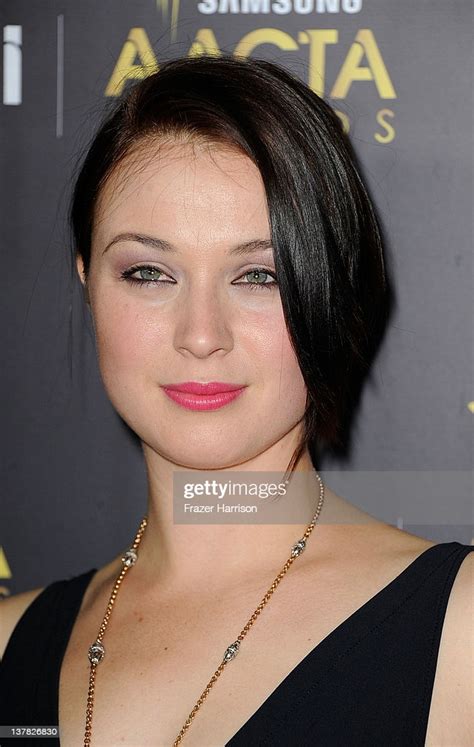A Quote by Robin McLeavy
I have a background in theater. At the time I read 'The Loved Ones' script, I was playing Catherine the Great of Russia onstage. Straight after that, I played Stella in 'A Streetcar Named Desire' and Isabella in 'Measure for Measure.'
Related Quotes
What do we measure when we measure time? The gloomy answer from Hawking, one of our most implacably cheerful scientists, is that we measure entropy. We measure changes and those changes are all for the worse. We measure increasing disorder. Life is hard, says science, and constancy is the greatest of miracles.
The thing you can't measure is someone's heart, someone's desire. You can measure a 40, his vertical, his bench press, and that might let you know things like, yeah, he can jump high. But desire, his dedication, his determination, that's something you can't measure. That's something you can't measure about Rod Smith.
Racism itself is difficult to measure. We can measure hate crimes - which are absolutely an indicator. We can measure reports of discrimination. We can measure the number of times hateful words are being used across the Internet. Those things all help us measure racism, but it can sometimes be nebulous.
The measure of a life is a measure of love and respect, So hard to earn so easily burned In the fullness of time, A garden to nurture and protect It's a measure of a life The treasure of a life is a measure of love and respect, The way you live, the gifts that you give In the fullness of time, It's the only return that you expect



































